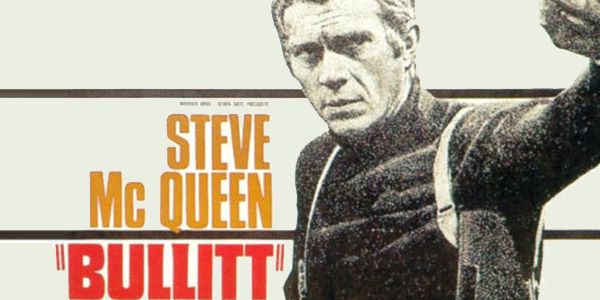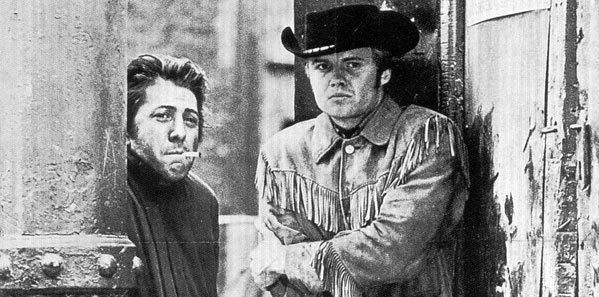In the years between their debut and
Coexist,
the xx's sound took on a life of its own, thanks in large part to
Drake's hit duet with
Rihanna, "Take Care," which sampled
Jamie Smith's collaboration with
Gil Scott Heron,
We're New Here. That single embodied and popularized
the xx's aesthetic to such a degree that on first listen,
Coexist
can sound like demos for a potential follow-up. In turn, these songs
lay the trio's R&B roots bare, with an extra emphasis on that last
word: while second albums are where bands usually add more elements to
their sound to keep things interesting,
the xx
go even darker and sparer than they were on their debut, which was
pretty sparse and dark to begin with. On the lovely album opener
"Angels," elegantly serpentine guitars -- which recalled
the Cure and
Durutti Column on
xx
but are now entirely their own -- echo into spectral shadows, and
fragments of beats and melodies hang unresolved in the air, surrounded
by vast expanses of nothingness. Any track here makes "Basic Space" or
"Crystalised" sound like an
Arcade Fire song by comparison, but
the xx
walk the fine line between minimalism and incomplete-sounding
confidently. All that silence throws the album's subtle sounds into
sharp relief, highlighting the luminous keyboards and percussion on
"Try" and "Tides"' undulating bassline more effectively than cranking up
the volume on them would have.
Coexist's barely-there arrangements mean that singers
Oliver Sim and
Romy Madley Croft
do most of the heavy lifting, but they're both more than capable of
carrying the album's intimacy and humanity. While their solo tracks show
how much both of them have grown as singers since
xx,
Sim
in particular has become more polished and emotive, sounding even
sadder and more seductive on "Fiction" when he sighs "last night the
world was beneath us." However,
Coexist's heart lies in
Sim and
Madley Croft's duets. The pair sounds more entwined than ever, and whether they're close together in
Coexist's
vast spaces, as on "Our Song"'s final glimmer of hope, or separated by
them, as on "Chained," they share an intimacy that makes listeners feel
like they're eavesdropping. But while there's no question that this
album is more accomplished than
xx,
it's also less accessible; these songs just aren't as immediate as the
band's debut, and at times, these tales of love gone wrong or gone away
threaten to become repetitive. Still, there are so many moments of
spine-tingling beauty, such as the way "Reunion" blends almost
imperceptibly into "Sunset," or
Madley Croft and
Sim's shared sigh on "Unfold," that they're worth a little patience from the listener.
Coexist's exploration of isolation and intimacy is demanding and rewarding in its bold subtlety and eloquent simplicity.


























